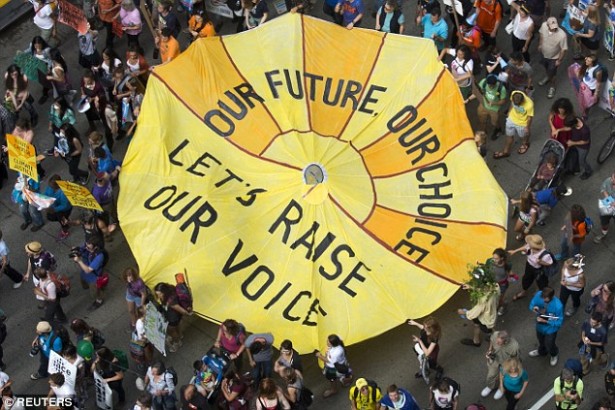Number Of Americans Defaulting On Student Loans Reaches 4.2 Million
By Philip Andrea and Genevieve Leigh for WSWS - A new analysis released this week by the Consumer Federation of America found that the number of Americans in default on their student loans jumped by nearly a fifth in 2016. Rising 17 percent from 3.6 million in 2015, there are now at least 4.2 million Federal Direct Loan borrowers in default. A borrower is put in default when no payment is made in more than 270 days. In addition to more borrowers defaulting on their loans, both the number of borrowers and the average amount borrowed continues to increase rapidly. The new analysis shows that the total amount of student debt owed adds up to a staggering $1.3 trillion, triple what it was a decade ago. The report also emphasized the relationship between student debt and homeownership. Not surprisingly, it was found that people with student debt have a significantly lower chance of owning a home when compared to graduates without debt, namely those aged 30 to 36. Attaining a college degree has been shown to increase the probability of owning a home, but this statistic still keels to the prospect of debt damaging the borrower’s credit score.














